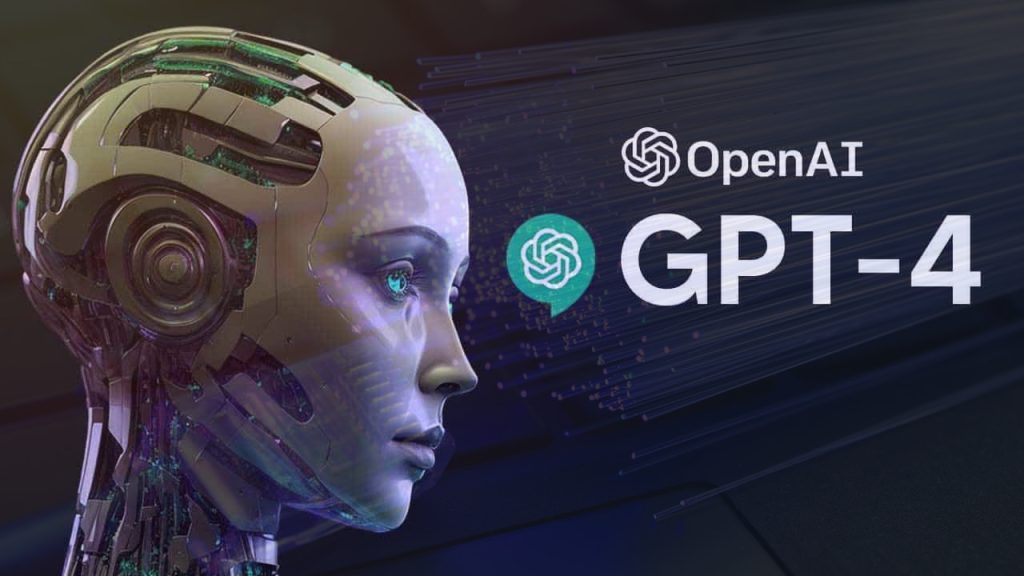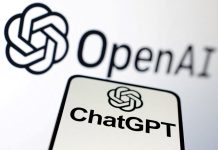ChatGPT is taking the world by storm, with new and exciting news emerging constantly. Recently, OpenAI has announced a significant upgrade to ChatGPT by introducing support for plug-ins that grant it access to live data from the web. This move vastly enhances chatbots capabilities, transforming it into a versatile interface for various services and websites. Here are the details…
OpenAI Unleashes ChatGPT by Introducing Plug-ins for Web Browsing and Website Interactions
Until now, ChatGPT’s information pool was limited to its training data, which only extended up to 2021. The newly introduced plug-ins not only enable the chatbot to browse the internet but also interact with specific websites. OpenAI likens this to allowing other services to function as ChatGPT’s “eyes and ears.”
In a demo video, a user employs ChatGPT to locate a recipe and order the required ingredients from Instacart. The chatbot seamlessly transfers the ingredient list to the shopping service, redirecting the user to the site to finalize the order. Initially, OpenAI is rolling out plug-in access to a select group of users.
The first 11 plug-ins cater to external sites such as Expedia, OpenTable, Kayak, Klarna Shopping, and Zapier. OpenAI is also providing its own plug-ins, including one for code interpretation and another called “Browsing” that lets ChatGPT access information from the internet. The browsing plug-in demonstrates its prowess when a user inquires about box office sales of recent Oscar winners compared to other releases.
ChatGPT cites its sources before providing the answer—a feat it couldn’t achieve previously. This experimental feature resembles Microsoft’s Bing, which supplies GPT-4 (the language model underpinning ChatGPT) with online data. However, OpenAI’s plug-in goes a step further by integrating with APIs, enabling it to “perform actions on behalf of the user,” as detailed in the company’s documentation.

This powerful upgrade raises security and safety concerns, as ChatGPT can now take actions for users instead of merely offering information. These concerns were previously highlighted in response to an experiment involving GPT-4, where the bot generated instructions for hiring a TaskRabbit worker to complete a CAPTCHA it couldn’t answer.
OpenAI acknowledges these threats and has implemented safeguards, such as limiting plug-in availability to a small number of users initially. The company will prioritize a select group of developers and ChatGPT Plus users for plug-in access, offering a waitlist sign-up for those interested.
RELATED:
- Honor Magic5 Ultimate vs Vivo X90 Pro+: Specs Comparison
- Google opens public access to Bard AI Chatbot: the much-awaited rival of ChatGPT
- Nubia Z50 Ultra Full Review: Men will definitely love it
- Former Google China President Announces the Launch of New AI Company as ChatGPT Rival
- Samsung Galaxy F14 launched in India with 90Hz Display & Huge…
(via)






